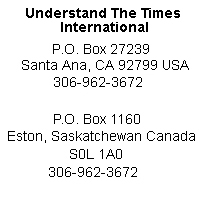Under last month's White House executive order on cybersecurity, the scans will be driven by classified information provided by U.S. intelligence agencies — including data from the National Security Agency (NSA) — on new or especially serious espionage threats and other hacking attempts.
The Department of Homeland Security will gather the secret data and pass it to a small group of telecommunication companies and cyber security providers that have employees holding security clearances, government and industry officials said. Those companies will then offer to process email and other Internet transmissions for critical infrastructure customers that choose to participate in the program.
By using DHS as the middleman, the Obama administration hopes to bring the formidable overseas intelligence-gathering of the NSA closer to ordinary U.S. residents without triggering an outcry from privacy advocates who have long been leery of the spy agency's eavesdropping.
The administration is separately seeking legislation that would give incentives to private companies, including communications carriers, to disclose more to the government. NSA Director General Keith Alexander said last week that NSA did not want personal data but Internet service providers could inform the government about malicious software they find and the Internet Protocol addresses they were sent to and from.
The issue of scanning everything headed to a utility or a bank still has civil liberties implications, even if each company is a voluntary participant.
Lee Tien, a senior staff attorney with the nonprofit Electronic Frontier Foundation, said that the executive order did not weaken existing privacy laws, but any time a machine acting on classified information is processing private communications, it raises questions about the possibility of secret extra functions that are unlikely to be answered definitively. "You have to wonder what else that box does," Tien said.












